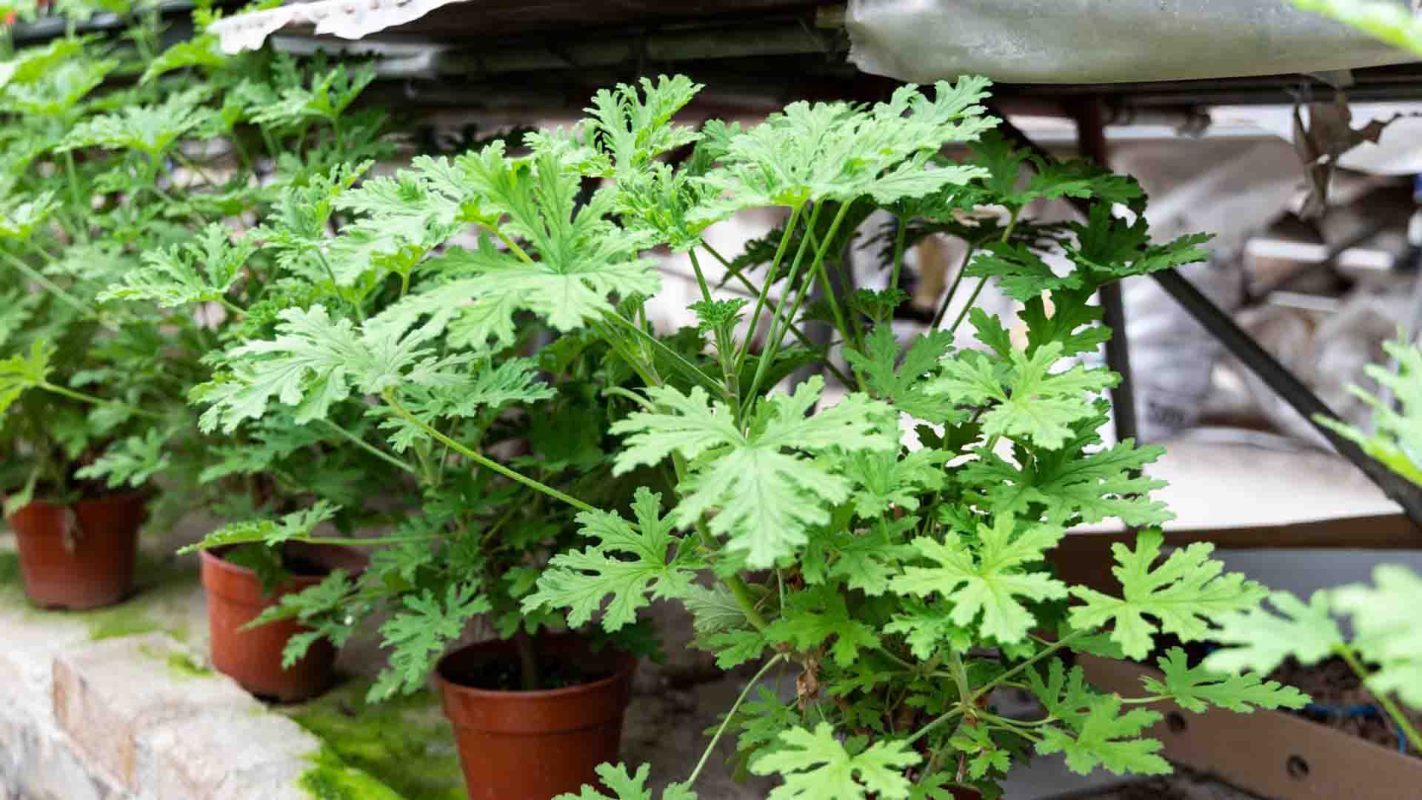If mosquitoes are a problem around your home, there's a safe, all-natural way to get rid of them.
Instead of relying on chemical bug spray, you can include mosquito-repellent plants in your garden. Christine Yoo of GardenDesign.com provided a list of 12 effective options to plant near your door, porch, or outdoor seating areas.
What are mosquito-repellent plants?
Mosquitoes have a strong sense of smell, which is one of the ways they find targets to bite. This makes them sensitive to other odors, too.
Many plants naturally produce smells that repel mosquitoes. The scents of these flowers and herbs are pleasant for humans, but not for the obnoxious insects.
Why should you use mosquito-repellent plants?
The fewer the bugs that hang around your home, the fewer itchy bites you'll receive, which is a relief to many people who dread mosquito season. This is especially important in areas with mosquito-borne diseases like West Nile virus or for people who are sensitive to bug bites.
Other repellents such as DEET also prevent mosquito bites, but they aren't as convenient and healthy. Plants repel the insects 24/7 without any effort on your part, unlike sprays that need to be reapplied.
A whole garden's worth of seeds cost less than a year's supply of bug spray, and some of these plants are perennials that will return year after year. They even make your yard more beautiful while they protect you from bug bites.
While the EPA says that DEET products should not be harmful if they are used as directed, they cannot safely be used on injured or irritated skin, and they shouldn't be inhaled.
Meanwhile, mosquito-repellent plants are safer to be around (but some may be harmful if ingested by humans or pets).
Finally, planting flowers and herbs in your garden is much more environmentally friendly than using a chemical spray or sending empty bottles to the landfill.
TCD Picks » Upway Spotlight

Which mosquito-repellent plants should you choose?
There are a wide range of plants that offer this benefit, so choose the ones that work for your lifestyle and your landscaping.
Lavender is a popular choice because it's hardy and self-seeding; once it's established, it will need very little care. Other flower options include marigolds, catmint, scented geraniums, bee balm, floss flower, and allium.
If you'd prefer herbs that are useful in the kitchen as well as the garden, then look for lemongrass, rosemary, basil, mint, and sage.
Join our free newsletter for easy tips to save more, waste less, and help yourself while helping the planet.














